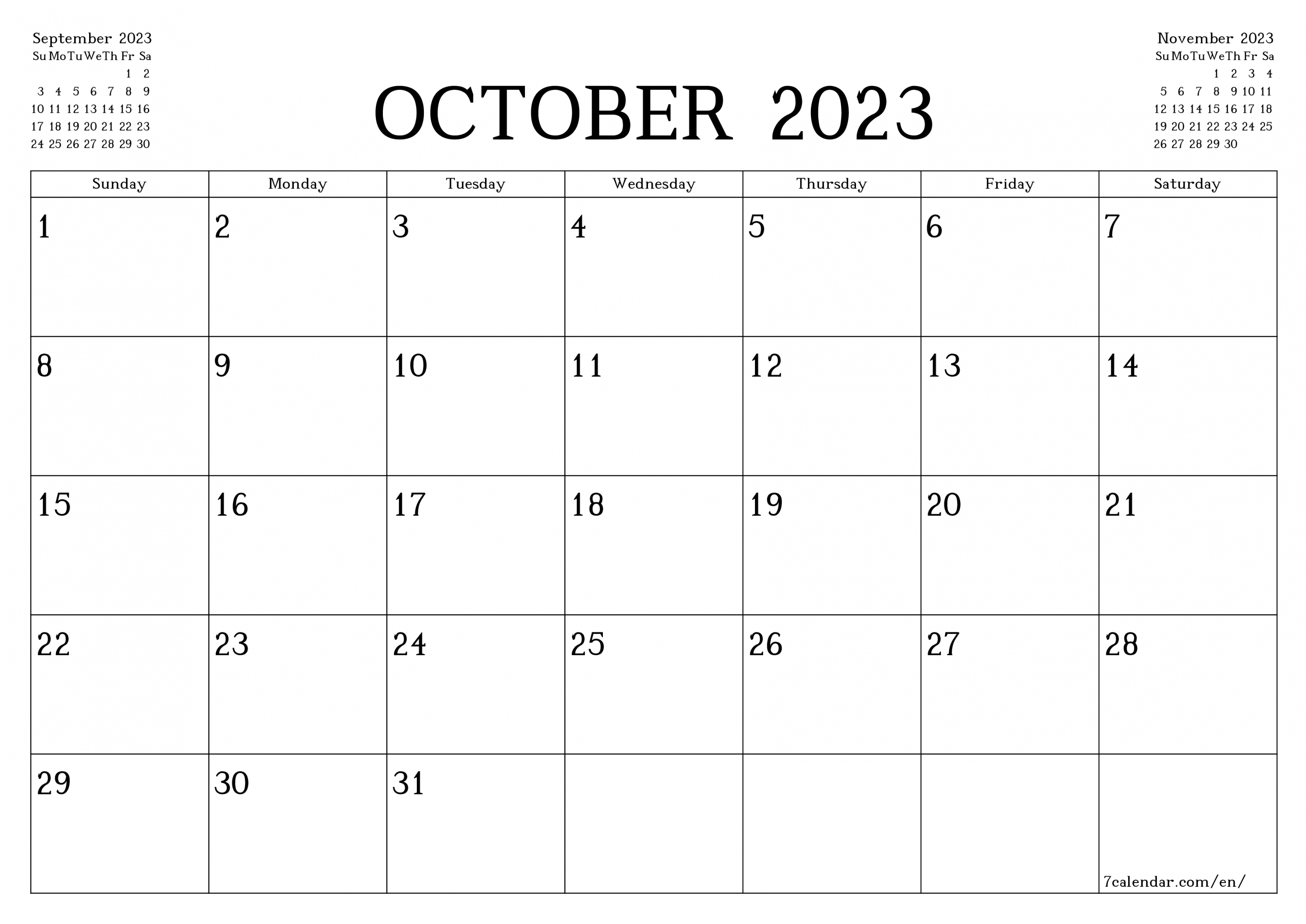Planning on taking a commercial spaceflight? You need some rules
Staying safe on a commercial spaceflight isn’t a big deal now, but private companies are expected to fly thousands of people into space in the coming decades.

Knowing the future, scholars are saying that new guidelines are needed to ensure that research on human subjects performed on commercial spaceflights is conducted ethically.
“There has been a long tradition of astronauts from NASA and other national space agencies volunteering for research, and the agencies have established tradition on how this research is done,” said Dr. Michael A. Williams, professor of neurology at the University of Washington (UW) via UW News. “But how such research is going to be done aboard commercial flights, where incentives might be different, hasn’t really been explored.”

More from UW: Researcher examines AI’s impact on teen learning
A panel of experts, including Williams, authored an article in the journal Science, titled “Ethically cleared to launch?” The group said research is essential to ensure the safety of future space travelers and often helpful in addressing critical issues of human health, in general.

“We need research for all astronauts to make space safer. It also really does benefit humans on earth,” Williams said. “Issues in physiology and anatomy and so forth where we’ve discovered how things work differently in space and that helps us understand disorders on earth.”
Buț current ethical rules that govern research on human subjects do not directly address the unique circumstances of research aboard commercial spaceflights.

The panel calls for formulating guidelines based on four principles. The first of these is social responsibility. Commercial spaceflight is possible because of a substantial public investment.
Second, research conducted on commercial spaceflights should aim for scientific excellence.
“Poorly designed, duplicative, and low-priority studies beget poor-quality data,” the authors wrote. “They cloud the evidence base, endanger participants, and waste resources.”
Third, research aboard commercial spaceflights should adhere to the principle of “proportionality,” which holds research risk should be minimized “to the extent possible, and proportionately balanced in relation to the anticipated benefits of the individual commercial space flight participants and to society.”
More on Blue Origin: Bezos’ Blue Origins wins NASA bid to build lunar lander for astronauts
Finally, the guidelines should promote the principle of “global stewardship” so that the “benefits of human space exploration be enjoyed by all.”
“Commercial companies may give preference to those commercial space flight participants willing to participate in research, but further ethical attention is needed to determine whether commercial space flight participants should remain flight eligible even if they decline research participation,” the panel concluded.
Williams claimed NASA’s practices may serve as a model.
“At NASA, for any given mission an individual might be eligible to participate in as many as 40 to 50 studies, but they get to pick and choose the ones they want to participate in. That respects the principle of autonomy,” Williams said.


